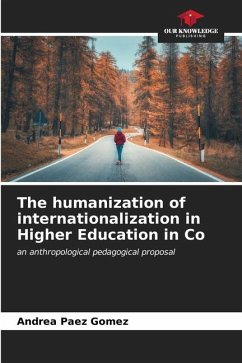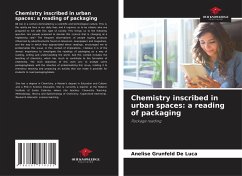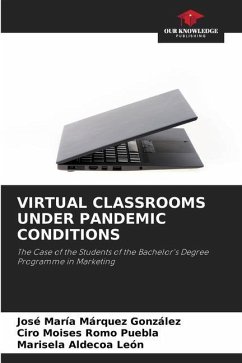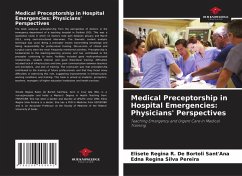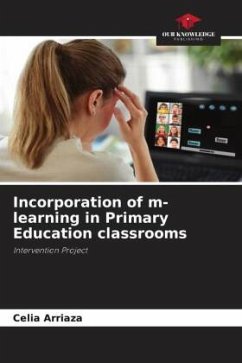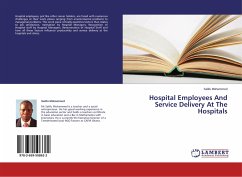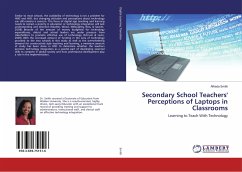
The Pedagogue's Work in Non-School Spaces: Hospital Classrooms
The case of the hospital class Sullivan Medeiros from Caicó-RN
Versandkostenfrei!
Versandfertig in 6-10 Tagen
24,99 €
inkl. MwSt.

PAYBACK Punkte
12 °P sammeln!
This research presents Hospital Pedagogy as an aspect of teaching, within the scope of Special Education, which legally seeks to ensure that hospitalized children and adolescents can continue their studies, enabling them to reintegrate into the school environment and society. The general aim of this work is to analyse the role of the pedagogue in the process of humanization in the hospital environment, with children and adolescents in the Sullivan Medeiros hospital class at the Seridó hospital in Caicó, RN. The specific objectives are to take a brief look back at the process of inserting the...
This research presents Hospital Pedagogy as an aspect of teaching, within the scope of Special Education, which legally seeks to ensure that hospitalized children and adolescents can continue their studies, enabling them to reintegrate into the school environment and society. The general aim of this work is to analyse the role of the pedagogue in the process of humanization in the hospital environment, with children and adolescents in the Sullivan Medeiros hospital class at the Seridó hospital in Caicó, RN. The specific objectives are to take a brief look back at the process of inserting the pedagogue in hospital environments, identify the legal and ethical aspects of the pedagogue's work in non-school environments, focusing on the hospital environment, characterize the profile of the pedagogy professional in the hospital area and specify the educational practices carried out by the pedagogue in the Sullivan Medeiros hospital class, when did it occur? And why was it introduced into non-school environments? This research took place in two stages, namely: a bibliographical survey with theoretical support from the authors Assis (2009), Matos (2007), Veigas (2007), Muggiati (2007), Libanêo (2000), Lerch (1993), Oliveira (2002).



